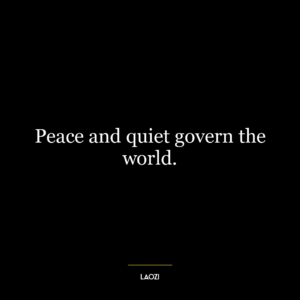This quote essentially speaks to the dynamic relationship between good and bad, and the roles they play in shaping human character and society. The first part, “Good men are bad men’s instructors,” suggests that those who embody goodness, righteousness, and virtue can guide and teach those who are misguided or morally astray. They can serve as role models, demonstrating through their actions how one should behave and treat others.
The second part, “And bad men are good men’s materials,” implies that the existence of ‘bad’ individuals or negative situations provide ‘good’ individuals with opportunities for growth, learning, and fortitude. They become the ‘material’ or the circumstances through which good individuals can practice patience, forgiveness, understanding, and other virtues.
In today’s world, this idea can be applied in numerous ways. For instance, in the realm of personal development, a person’s mistakes or failures (the ‘bad’) can be seen as opportunities for learning and growth (the ‘good’). Instead of being discouraged by these setbacks, one can choose to learn from them, using them as ‘material’ to build a stronger, wiser self.
In the societal context, this quote can be interpreted as a call for empathy and understanding. Instead of condemning those who err, we can choose to guide them towards better paths. Similarly, instead of being disheartened by the presence of injustice or cruelty in the world, we can see these as opportunities to practice and promote kindness, fairness, and compassion.
The quote suggests a cyclical relationship between ‘good’ and ‘bad’, where each exists not in isolation, but as a part of a dynamic interplay that drives personal growth and societal progress.















